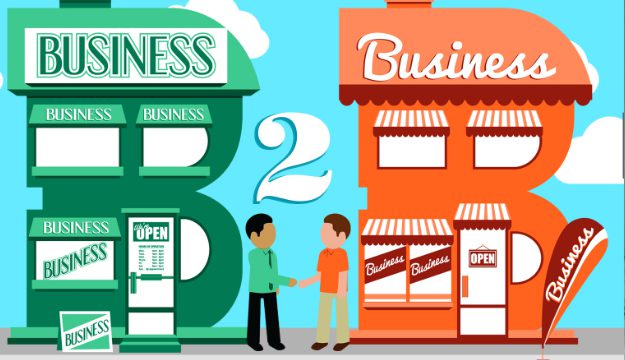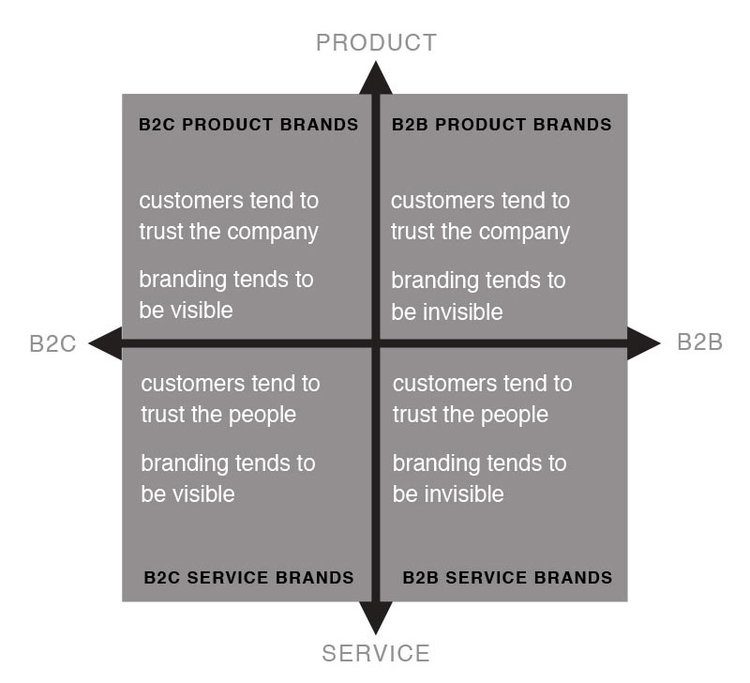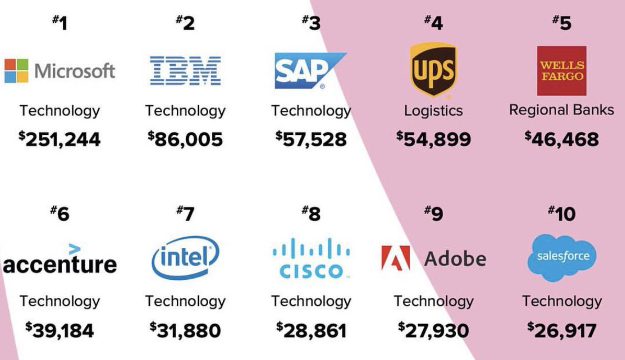B2B business-to-business marketing is particular
In marketing or advertising conversations with clients, it is often mentioned that the way an industrial company does marketing (B2B business to business) is not the same as how a company that sells directly to people (B2C business to consumer), such as a soft drink brand or a bakery, does it.
And they are right. It is not the same.
It is particular. It is different.

But marketing is still necessary to support the expansion of the commercial efforts of industrial businesses.
Especially with the expansion of the digital area on the Internet, and its wide range of possibilities.
As exemplified in a previous article, in business-to-consumer marketing we target the person who decides to buy, consumes and enjoys the product or service.
This creates a chain that is easier to understand.
If a lady wants a new dress… she goes to the mall, visits the stores, tries on the clothes, decides which one she liked best, buys it and will wear it many times over time.
If a young man wants to buy his first new car… he will research his options online, ask his acquaintances, visit dealerships. He will decide on a make and model, buy it and use it.
Reinforcing the B2C idea, generally the one who wants the good or service is the one who has the need or desire. And it is the one who compares options, buys and enjoys.
In contrast, in companies, the process is complex and time-consuming.
Large companies are usually governed by procedures that regulate purchasing committees, which are formed depending on each situation.

But the most common areas are: finance, purchasing, management and the user department. In some cases they can be small groups, very efficient, and in others an uncoordinated group that takes weeks or months to make decisions.
Now, focusing on the importance of branding in B2B business, Marty Neumeier, in his article “Branding by business type” shares the following graphic:

As is evident, in B2B product or service companies, people trust companies and people, and branding is not visible (although it does exist).
And this is sensible because it is in line with the logic of how the industry or large businesses operate.
According to the Zuzubik portal, there are five main characteristics of B2B marketing:
- Complex purchasing procedures. Corporate purchasing is a difficult process that requires several decision-makers and a significant degree of bureaucracy. What is important at this point is that information must be provided to each of the various stakeholders who influence the purchasing decision.
- Logical purchases. Unlike the common consumer, business purchases are based on the following on reasoned cost-benefit assessments for the purchasing company.
- Complex products. In the B2C case, consumers buy based on knowledge. brand, where they are often not interested in the technical details. In B2B marketing it is required to offer extensive technical information on features and specifications. The information must be accurate and give a sense of value to the buyer.
- Fewer buyers, more sellers. Unlike the common consumer market, where there are thousands, if not millions of buyers, in the B2B market the number of buyers is very limited, and therefore they have the option to choose their supplier.
- Limited segmentation. The B2B market is considerably more limited in its segmentation, the challenge lies in choosing the right segment to target and differentiating yourself as a superior supplier.

B2B marketing needs to be very well thought out. The creative and hyperbole resources that are often used for B2C marketing and advertising could have the opposite effect on the more analytical and leisurely business-to-business market.
But that doesn’t mean that nothing needs to be done.
Rather, understand the context of business-driven marketing, provide useful information, discuss how the supplier effectively adds to the customer’s business process.





